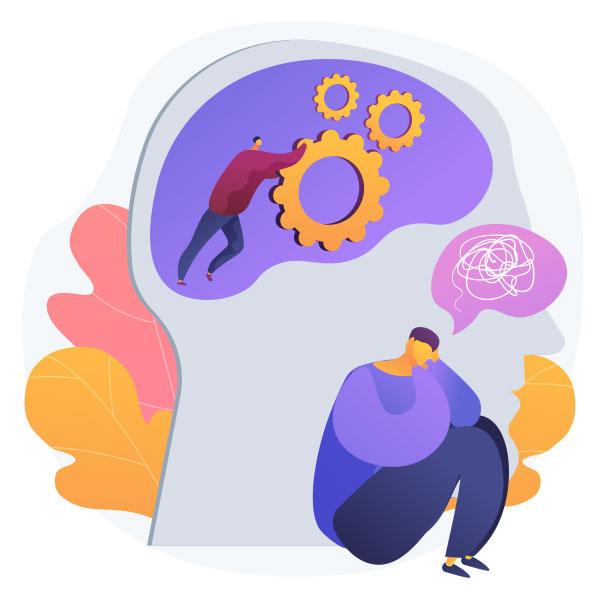MANAGING UNCERTAINTY AND DISAPPOINTMENT
In the wake of COVID-19, many of us are facing uncertainty and disappointment. The good news is that there are research-supported best practices for managing uncertainty (expectations in general) and disappointment (when expectations are not met). To tackle both issues, here’s a simple, four-point checklist.

1. REVISE YOUR EXPECTATIONS. The first thing to ask yourself when facing uncertainty or disappointment is: What am I expecting/what did I expect? The fact is, you need to be ready for a variety of potential outcomes.
To revise your expectations:
- Think back on history. What are some examples that apply to the current situation? What led to one situation going differently from another?
- Set up reasonable expectations. When facing a new situation, be prepared for the good, the bad and the neutral. When imagining a “bad” outcome, focus on realistic consequences—not some end-of-the-world scenario—and how you could move forward in that situation.
2. INCREASE YOUR TOLERANCE. In the context of COVID-19-induced isolation, a lot of people feel like their “energy to deal with stuff” cup is running on empty. We need to learn how to refill that cup and how to make it bigger—so it takes longer to drain.
To increase your tolerance:
- Practice mindfulness meditation. Try the Koru Meditation classes offered by KSU or any meditation app.
- Sleep regularly and long enough.
- Drink enough water and eat regular, healthy meals.
- Don’t immediately distract yourself when you experience a negative emotion. Take at least 5 minutes to process what happened and how you’re feeling before running away from it.
3. REEVALUATE PERCEPTIONS AND BEHAVIOR. Don’t miss the learning opportunities that negative situations offer. You can still be upset—but after you’ve felt those feelings, come back to the situation. Reframe and reevaluate what to do now. You’ll feel better with a reasonable, specific plan of action. Don’t set nebulous goals like “get better at drawing”—instead, plan to practice sketching for 10 minutes a day after you eat dinner.
To practice reevaluating perceptions and behavior:
- Think back on disappointments you’ve experienced that panned out okay. Practice reframing your perceptions and make a retroactive (or current) plan of action for how you could improve.
- Talk through these experiences with your friends, following the above steps.
- Come back to disappointing/uncertain situations after taking a break (see below).
4. TAKE A BREAK. Sometimes you just need to step away from a situation to clear your head. Make sure you come back to the situation—leaving it unattended to will only make it worse in the end—but it’s okay to refill your cup and try again later.
While you probably know your favorite way to take a break, here are a few recommendations:
- Take a hot shower.
- Chat with a friend/loved one.
- Go for a walk (outside if you can).
- Try some simple stretches.
- Drink some water and take a nap.
Try enacting just one of these strategies today—your future self will thank you for it!
—Kent State of Wellness Ambassadors: Samantha Nousak, MA ’20, doctoral candidate in sociology, and Muhammad Hassan Bin Afzal, doctoral candidate in political science.